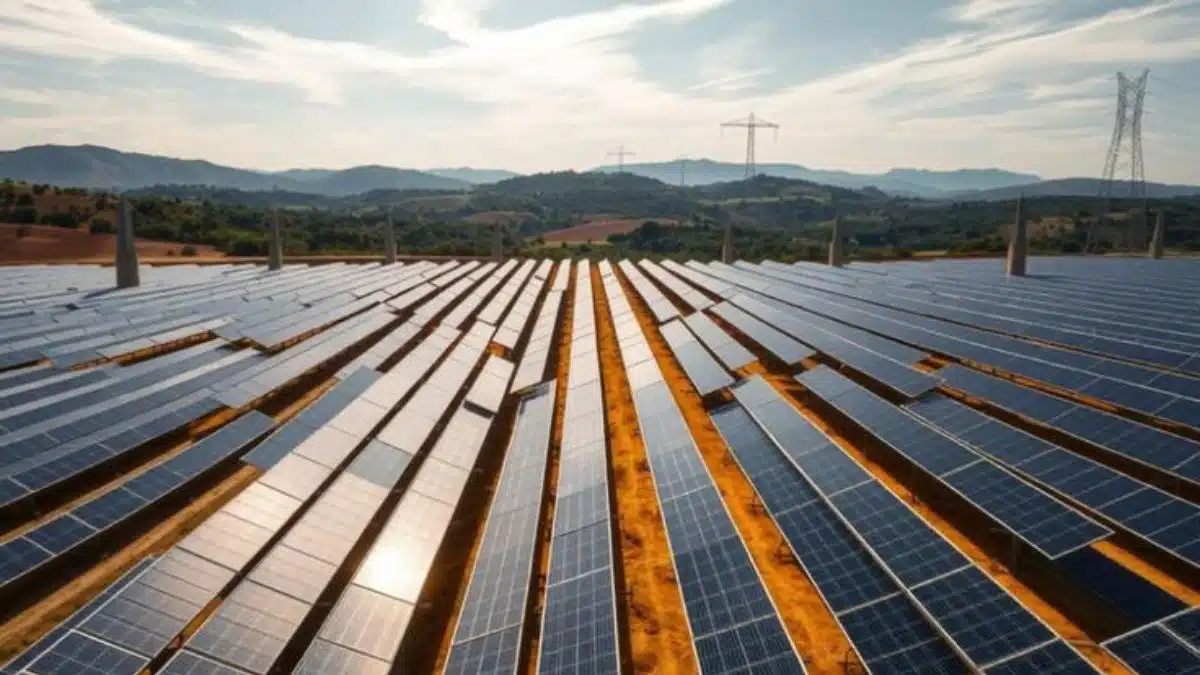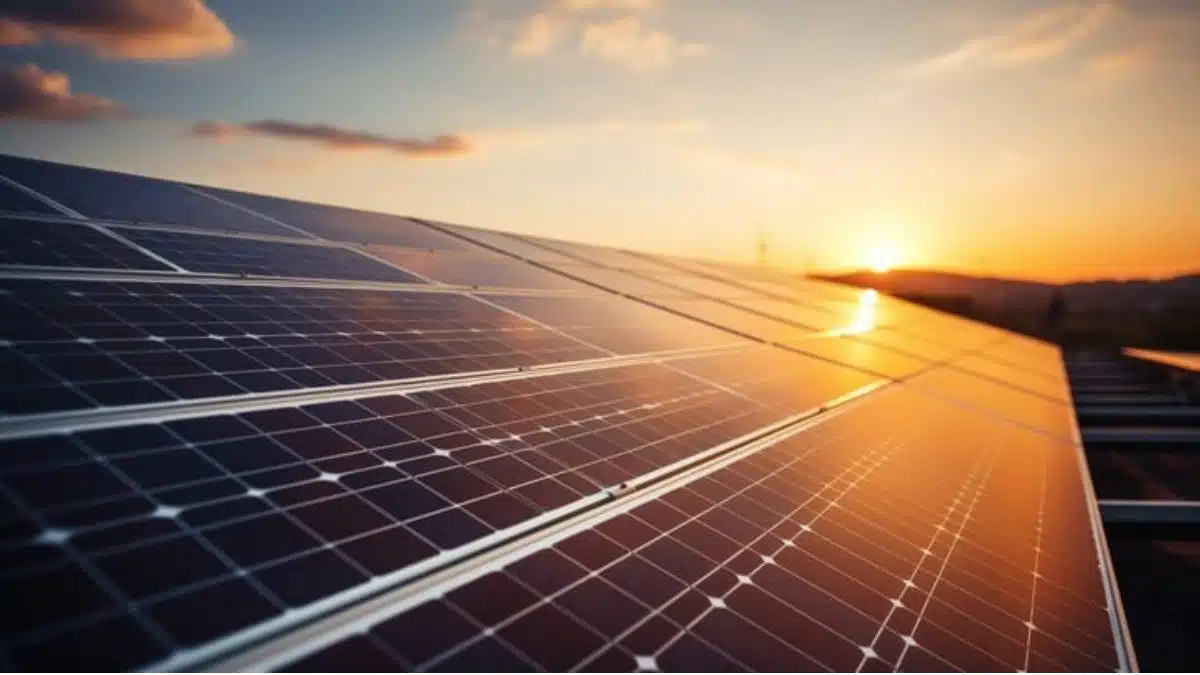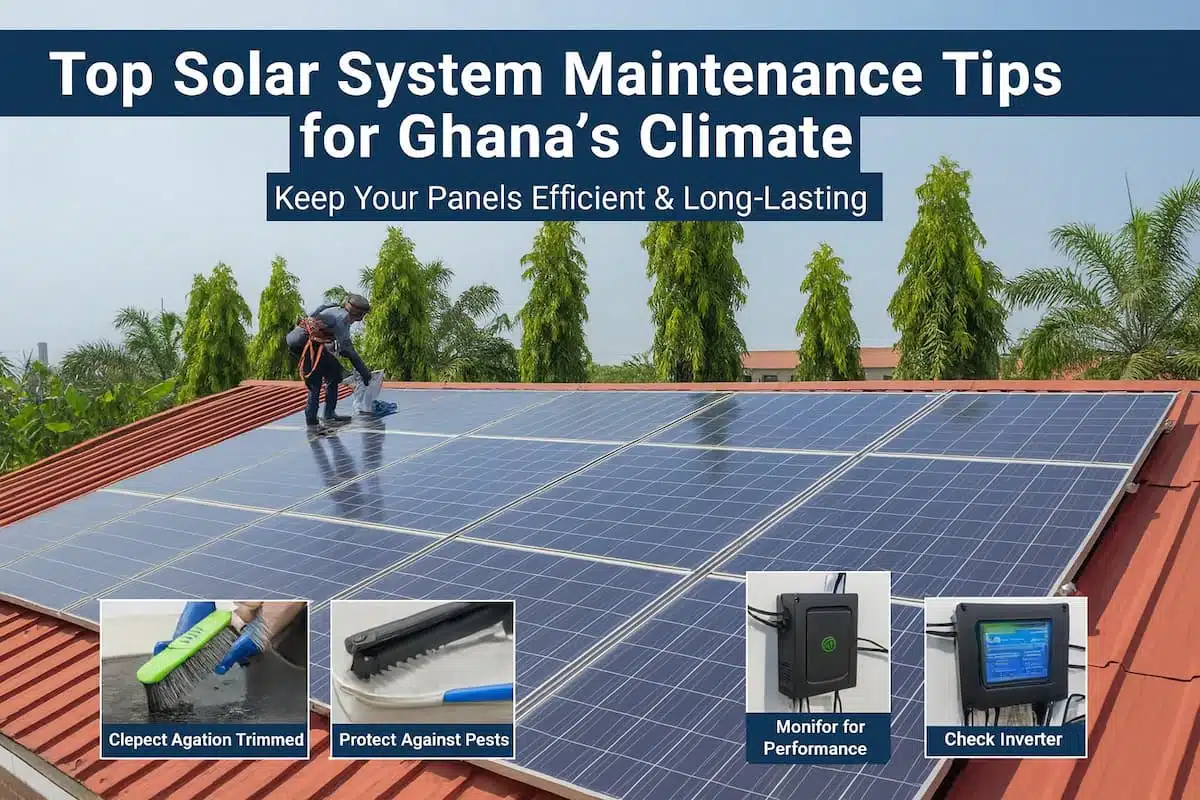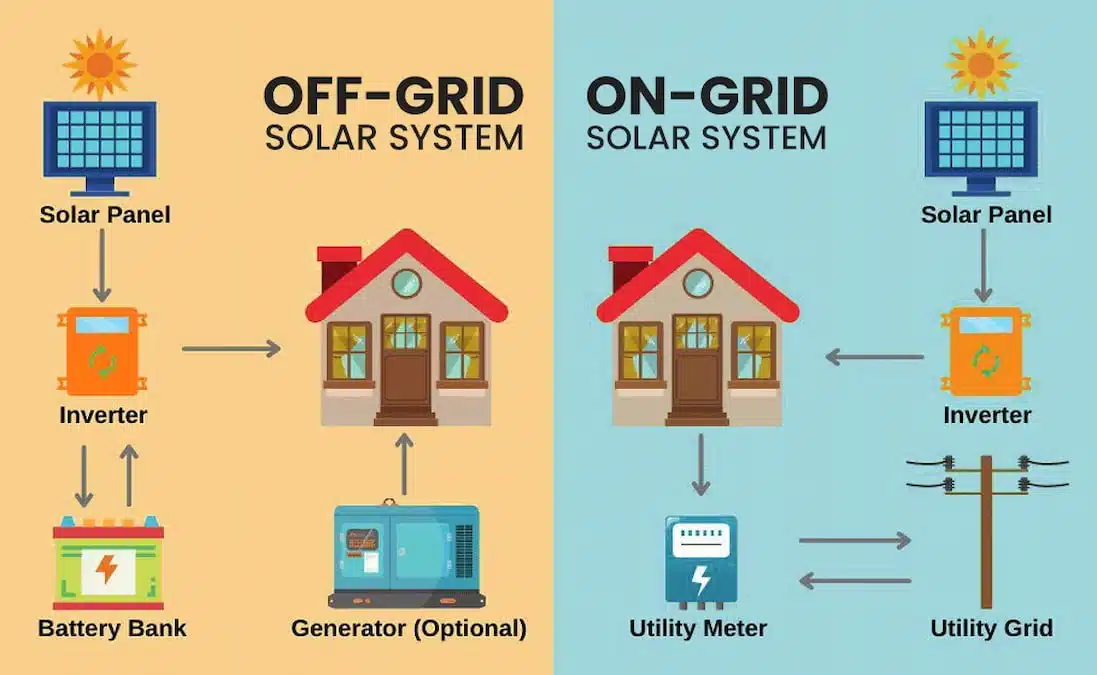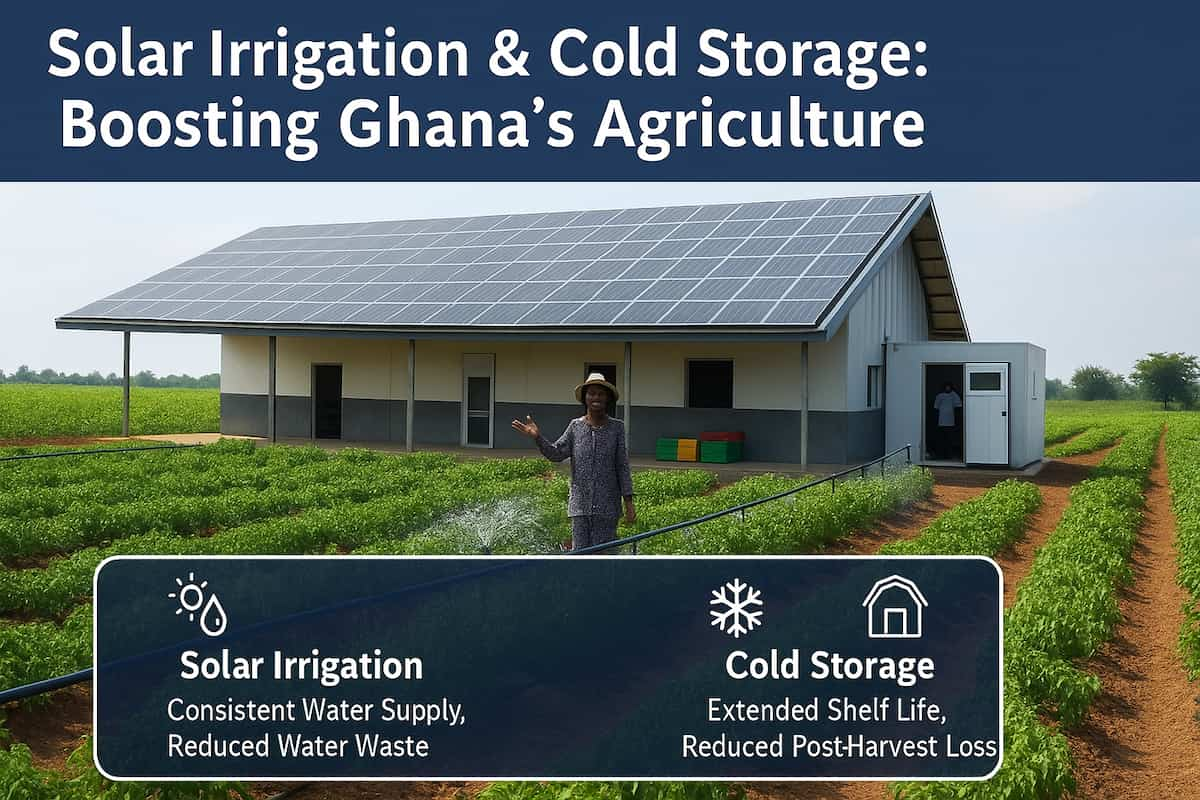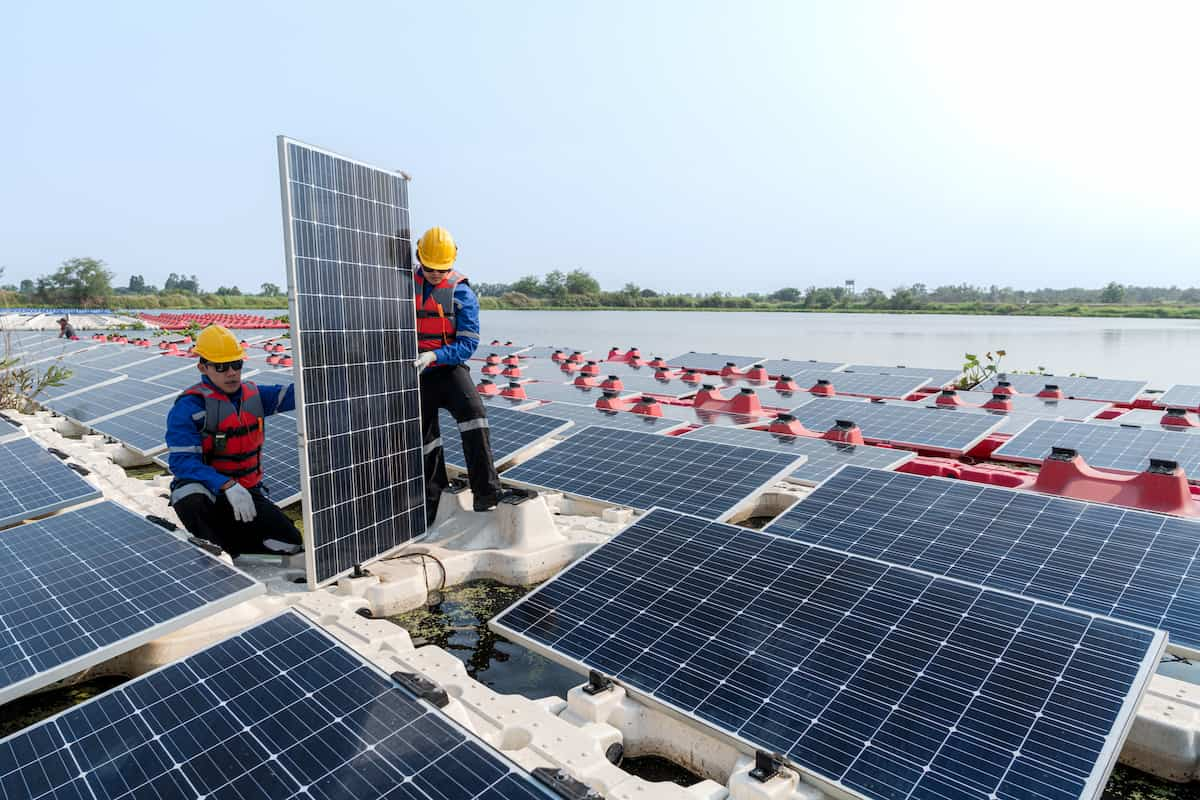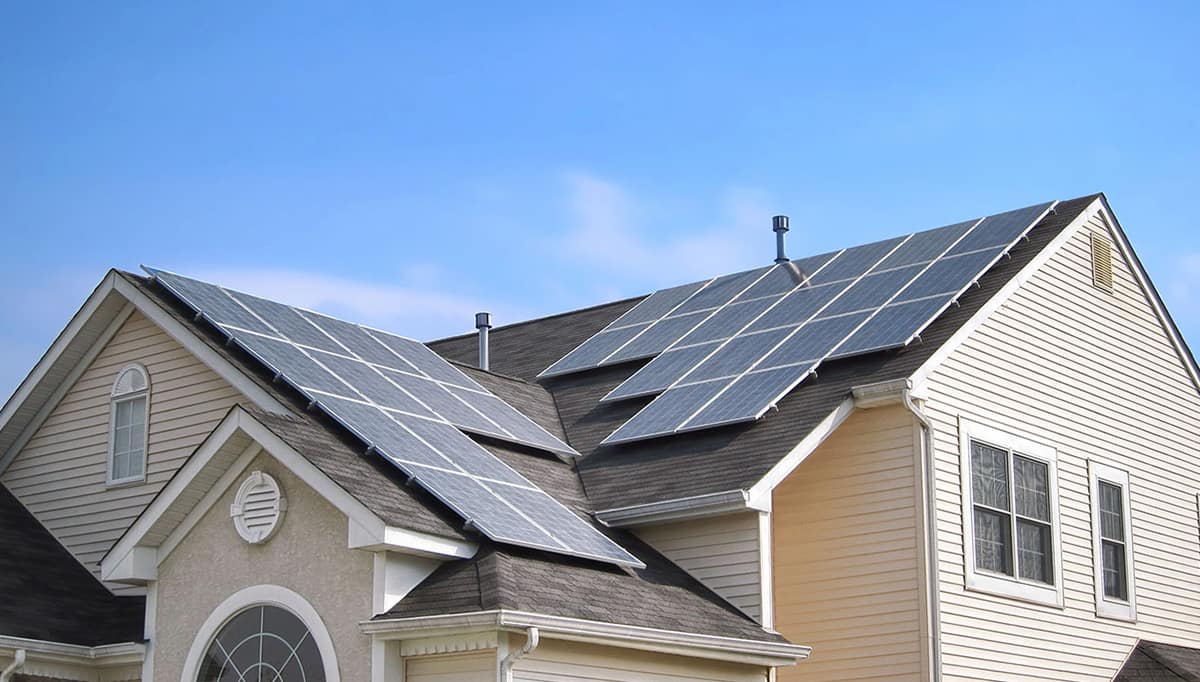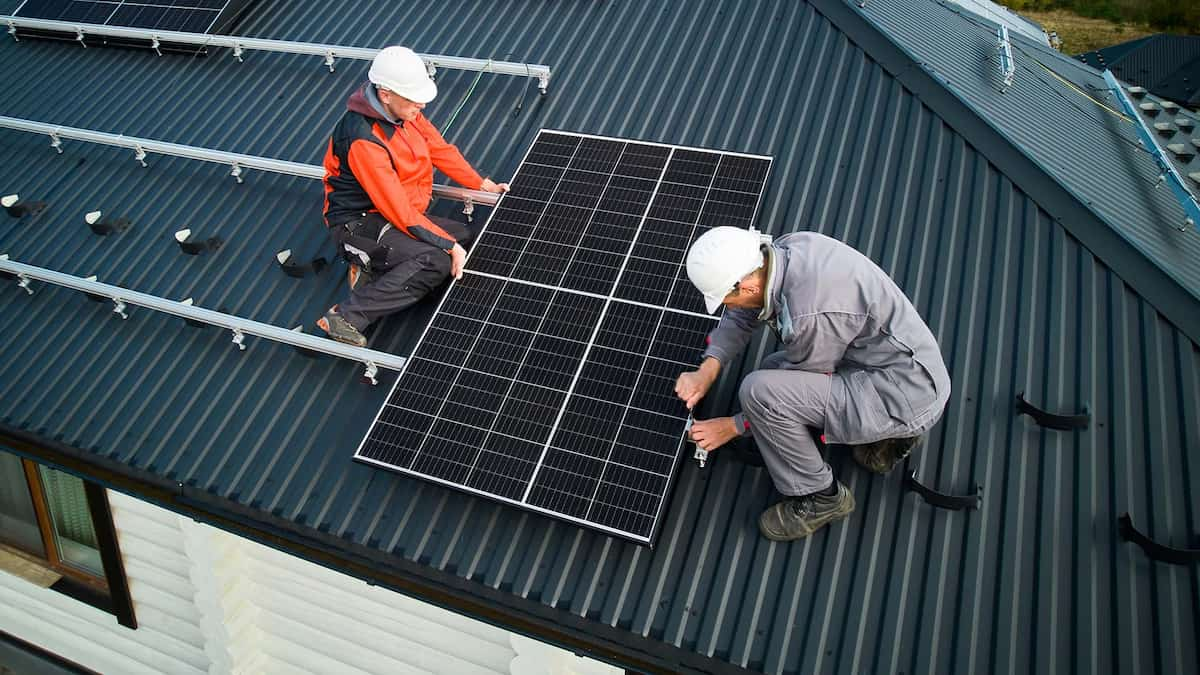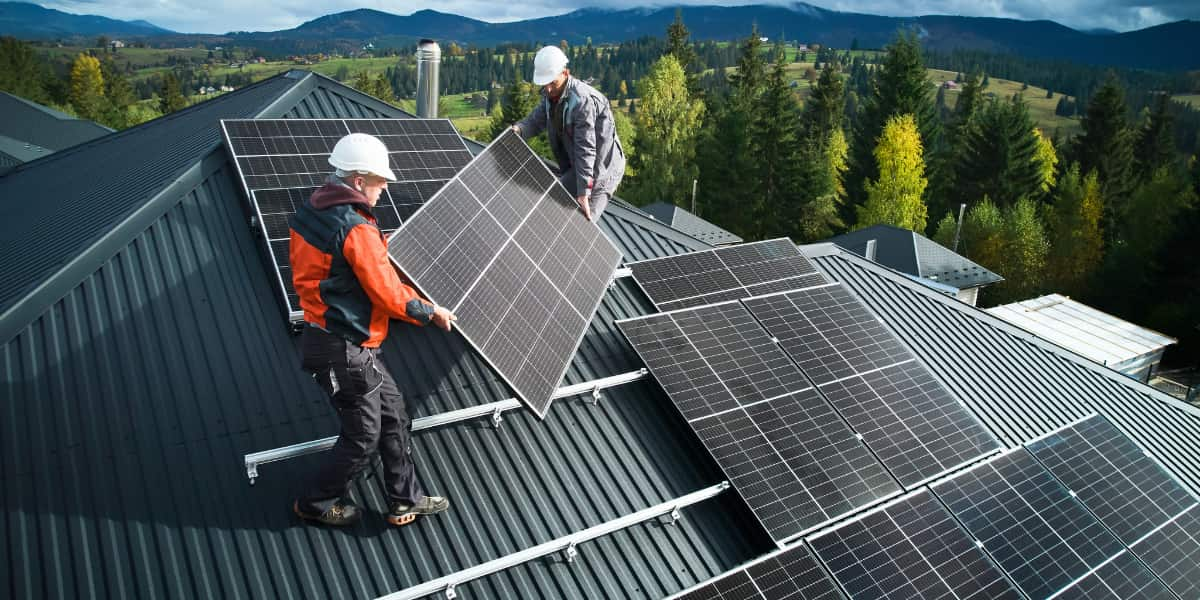Blogs
Harnessing Solar Energy and Battery Storage: A Path to Financial Savings for Ghanaians
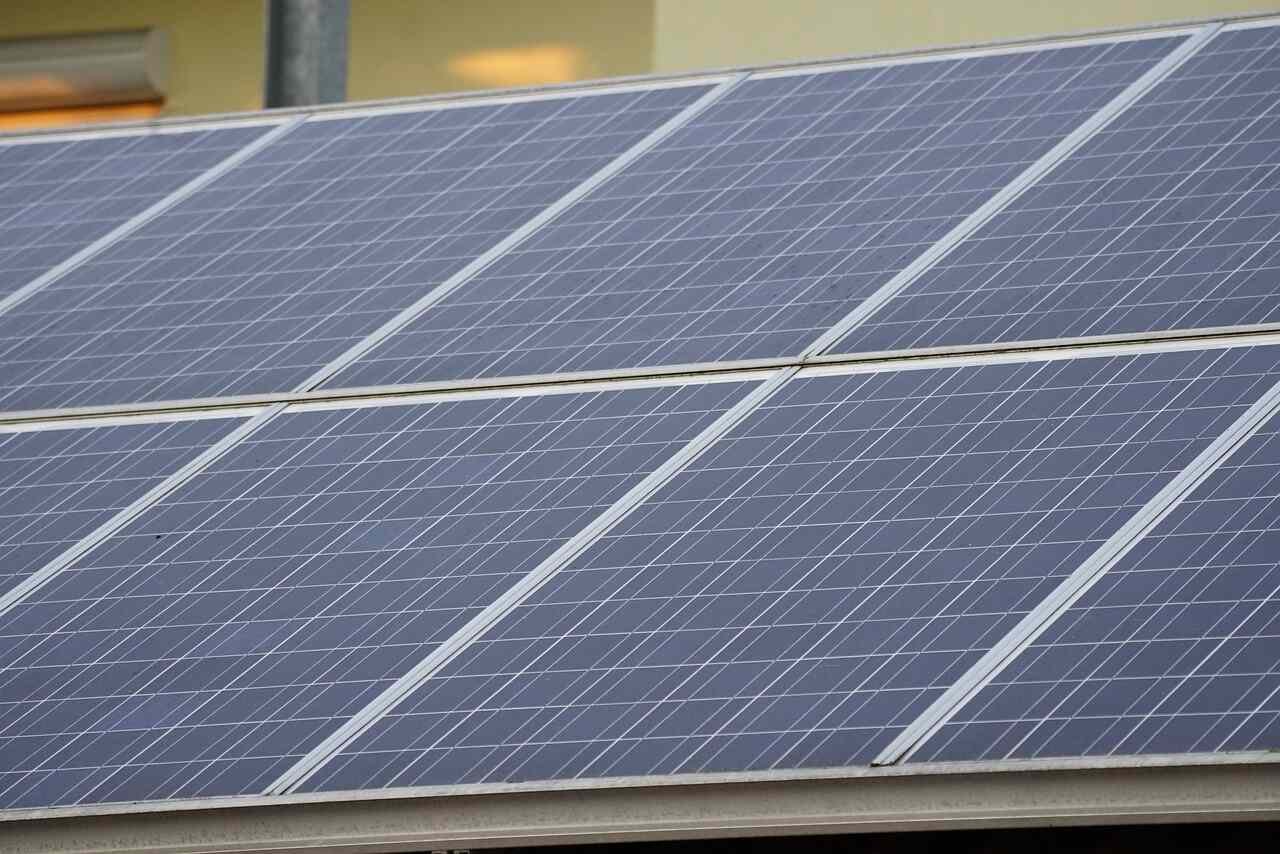
Harnessing solar energy can provide sustainable and cost-effective power solutions, enabling financial savings for Ghanaians and promoting energy independence.
Introduction
Ghana, a nation with a rich cultural heritage and a growing economy, is increasingly turning to Harnessing solar energy and battery storage as a means to secure a reliable and cost-effective energy supply. In this blog, we will delve into the multifaceted ways in which the combination of Harnessing solar energy and battery storage can lead to substantial financial savings for individuals, businesses, and communities across Ghana. From reducing electricity bills to providing energy independence and stimulating economic growth, the integration of solar energy and battery storage holds significant promise for driving financial savings and sustainable development in the country.
The Economic Landscape of Energy in Ghana
Before delving into the specific ways in which Harnessing solar energy and battery storage can save money for Ghanaians, it is important to understand the current economic landscape of energy in the country. Ghana has historically relied on a mix of hydroelectric, thermal, and imported energy sources to meet its electricity demand. However, the cost of electricity generation and distribution has been a significant challenge, with high operational costs and reliance on imported fossil fuels contributing to the financial burden on both consumers and the government. Additionally, the intermittent nature of power supply has led to productivity losses for businesses and inconvenience for households, further impacting the economy.
The Rise of Solar Energy in Ghana
In recent years, Ghana has witnessed a surge in the adoption of Harnessing solar energy, driven by declining costs of solar technology, abundant sunlight, and a growing awareness of the environmental and financial benefits of renewable energy. Solar photovoltaic (PV) systems, which convert sunlight into electricity, have become increasingly accessible to individuals, businesses, and communities across the country. Furthermore, the government’s commitment to renewable energy targets and supportive policies has created an enabling environment for the expansion of Harnessing solar energy infrastructure.
Reducing Electricity Bills through Solar Energy
One of the most compelling ways that solar energy can save money for Ghanaians is by reducing electricity bills. Traditional grid electricity in Ghana is often costly and subject to price fluctuations, impacting both households and businesses. By investing in solar panels, individuals and businesses can generate their own electricity, thereby reducing their reliance on the national grid and mitigating the impact of rising electricity prices. With abundant sunlight throughout the year, Ghana is well-suited for solar energy generation, making it a cost-effective alternative to traditional grid electricity. Additionally, net metering programs, which allow solar energy system owners to sell excess electricity back to the grid, can further offset electricity costs and provide a source of revenue.
The Role of Battery Storage in Financial Savings
While solar energy offers a sustainable and cost-effective source of electricity, the integration of battery storage systems further enhances the financial benefits for Ghanaians. Battery storage allows for the capture and storage of excess solar energy generated during the day, which can then be utilized during periods of low sunlight or power outages. This capability not only provides a reliable and uninterrupted power supply but also reduces the need to purchase electricity from the grid during peak hours, when electricity prices are typically higher. As a result, battery storage systems can contribute to significant savings by optimizing the use of solar-generated electricity and minimizing reliance on grid power.
Return on Investment and Long-Term Savings
While the initial cost of installing a solar energy and battery storage system may seem significant, it is important to consider the long-term return on investment. Solar panels have a lifespan of 25 years or more, during which they can continue to generate electricity at minimal operating costs. When coupled with battery storage, the system’s ability to store and utilize excess energy further enhances its financial viability. As a result, the upfront investment in solar energy and battery storage can lead to substantial savings over the system’s lifetime. In addition, many governments and organizations in Ghana offer rebates, and financing options to make solar energy and battery storage more accessible and affordable, further enhancing the financial benefits of adoption.
Energy Independence and Cost Stability
Another key advantage of solar energy and battery storage is the potential for energy independence and cost stability. By generating their own electricity and storing excess energy, Ghanaians can reduce their reliance on the national grid, which is especially beneficial in areas with unreliable or limited access to grid electricity. This independence from the grid not only provides a reliable source of power but also insulates individuals and businesses from potential electricity price hikes and supply disruptions. As a result, solar energy and battery storage can offer long-term stability and predictability in energy costs, contributing to significant savings over time and reducing the vulnerability to external energy market fluctuations.
Job Creation and Economic Growth
The adoption of solar energy and battery storage in Ghana also has the potential to stimulate job creation and economic growth. The solar industry encompasses a wide range of activities, including manufacturing, installation, maintenance, and research and development. As the demand for solar energy and battery storage systems grows, so does the need for skilled labor and entrepreneurship in the renewable energy sector. This, in turn, can create employment opportunities and contribute to the expansion of the green economy in Ghana. Moreover, by reducing the country’s reliance on imported fossil fuels, solar energy, and battery storage can help conserve foreign exchange reserves and redirect investments toward domestic energy infrastructure, further bolstering the economy.
Environmental and Health Benefits
In addition to the direct financial savings, the adoption of solar energy and battery storage in Ghana offers significant environmental and health benefits. Solar energy is a clean and renewable energy source that produces no greenhouse gas emissions or air pollutants during operation. By reducing the reliance on fossil fuels, solar energy can contribute to improved air quality and public health, thereby reducing healthcare costs associated with air pollution-related illnesses. Furthermore, the conservation of natural resources and ecosystems through solar and battery storage adoption can lead to long-term cost savings by mitigating the impact of environmental degradation and the associated remediation costs.
Community and Social Impact
The financial benefits of solar energy and battery storage extend beyond individual households and businesses to encompass broader community and social impact. In rural and off-grid areas, where access to reliable electricity is limited, solar energy and battery storage can provide a lifeline for communities, enabling access to essential services such as lighting, refrigeration, and communication. This, in turn, can lead to improved educational outcomes, economic opportunities, and overall quality of life. By empowering communities with affordable and sustainable energy solutions, solar energy and battery storage can contribute to poverty alleviation and social development, creating a ripple effect of positive change and cost savings across society.
Regulatory Support
The financial benefits of solar energy and battery storage in Ghana are further bolstered by supportive policies and regulatory frameworks. The government’s commitment to renewable energy targets, feed-in tariffs, net metering programs has created an enabling environment for the expansion of solar energy and battery storage infrastructure. Additionally, the establishment of clear and transparent regulations for the integration of solar and battery systems into the national grid has provided certainty for investors and consumers, further driving the adoption of these technologies.
Challenges and Opportunities
While the financial benefits of solar energy and battery storage in Ghana are substantial, some challenges and opportunities warrant consideration. The initial capital cost of installing solar panels and battery storage systems can be a barrier for some individuals and businesses, particularly in the absence of accessible financing options. Additionally, the need for skilled labor and technical expertise in the installation and maintenance of solar and battery systems presents an opportunity for capacity building and job creation. Furthermore, the integration of solar energy and battery storage into the national energy grid requires careful planning and coordination to ensure grid stability and reliability. Addressing these challenges and seizing the opportunities can further enhance the financial and societal benefits of solar energy and battery storage in Ghana.
Conclusion
In conclusion, the integration of solar energy and battery storage holds significant promise for driving financial savings and sustainable development in Ghana. From reducing electricity bills and providing energy independence to stimulating job creation and economic growth, solar energy and battery storage offer a multifaceted pathway to financial savings and long-term cost stability. As Ghana continues to embrace the transition to clean and renewable energy, the potential for financial savings through solar and battery adoption becomes increasingly compelling, paving the way for a brighter and more prosperous future for the nation. By leveraging the abundant sunlight and harnessing the power of energy storage, Ghanaians can secure a reliable, cost-effective, and sustainable energy supply, driving financial savings and contributing to the nation’s economic and environmental well-being.
I hope this blog provides a comprehensive understanding of how solar energy and battery storage can save money for Ghanaians. If you have any further questions or need additional information, feel free to ask!








